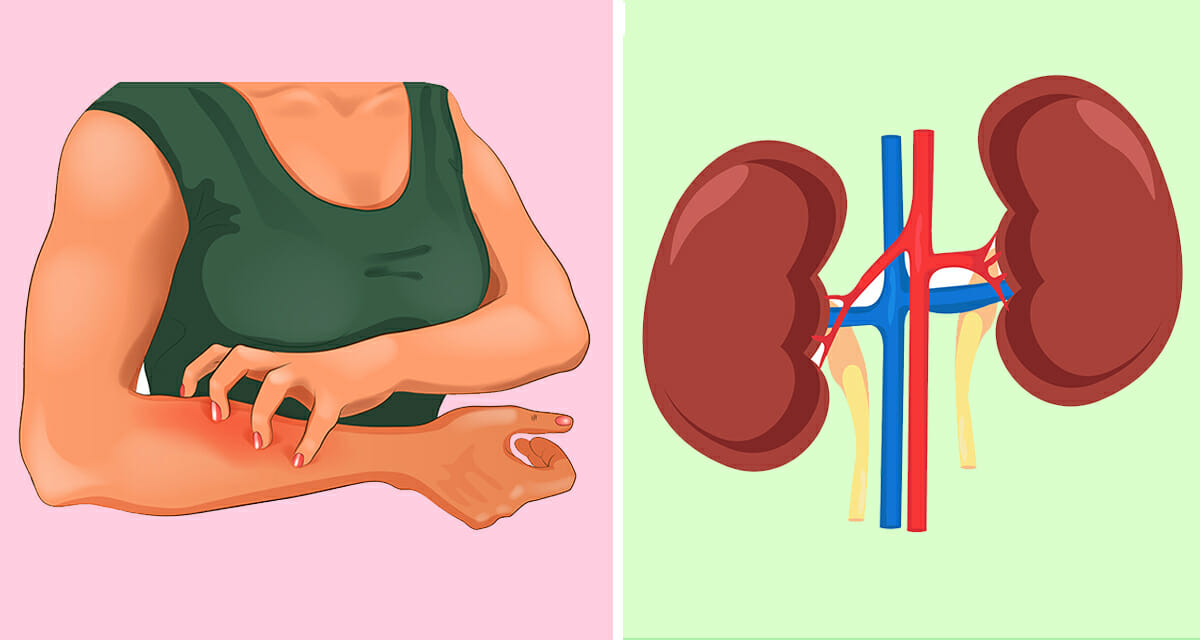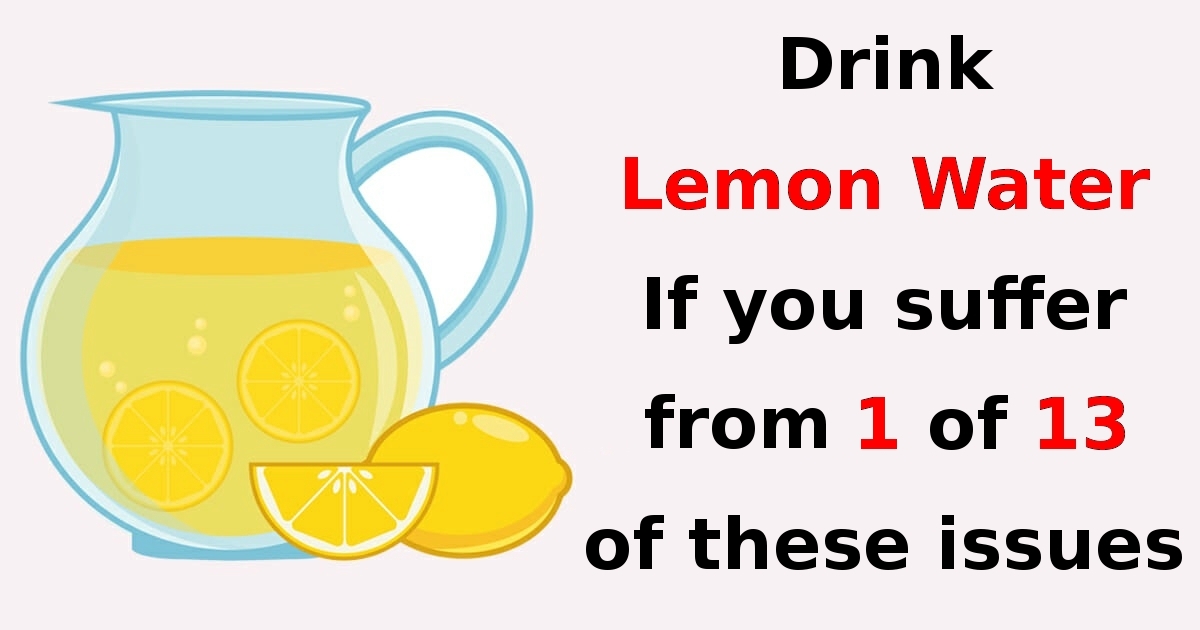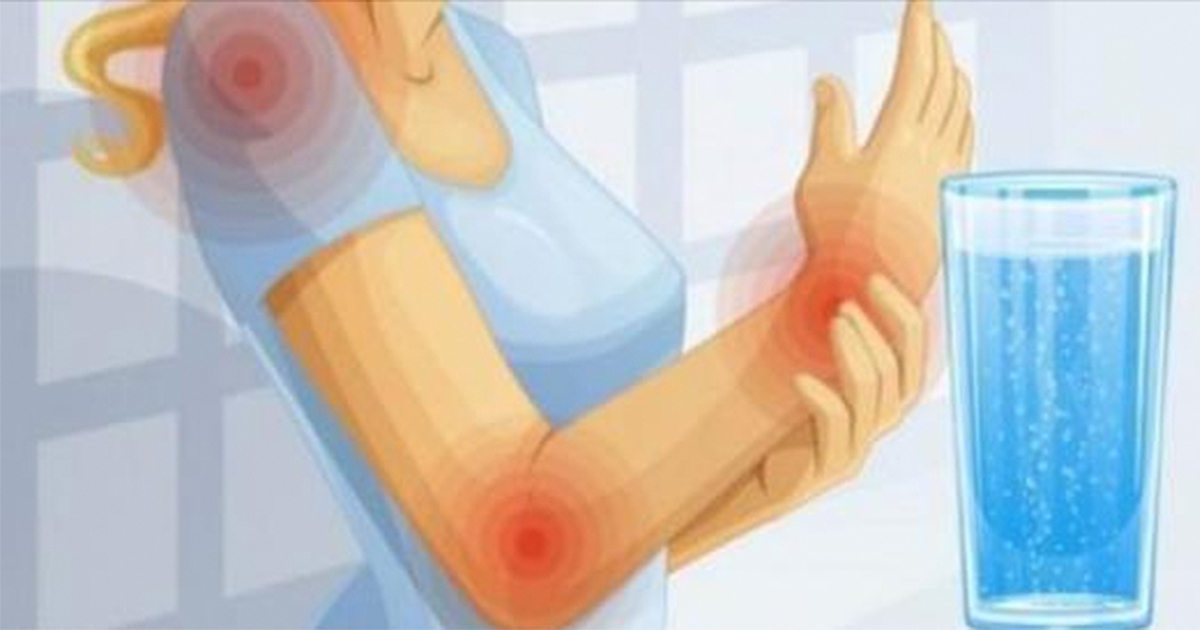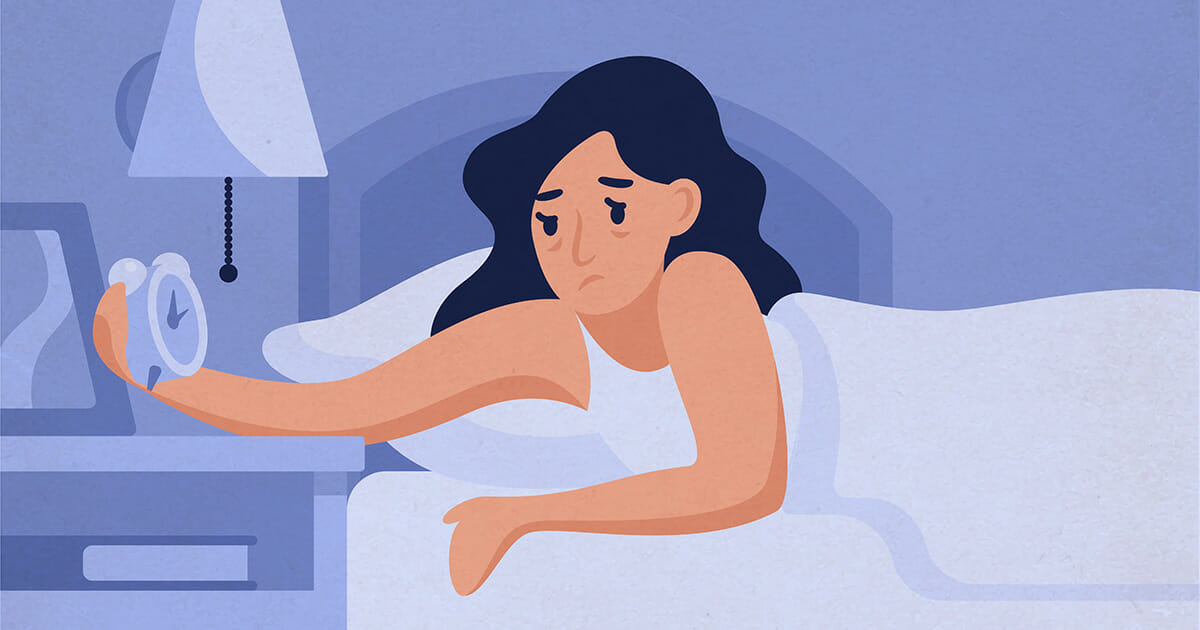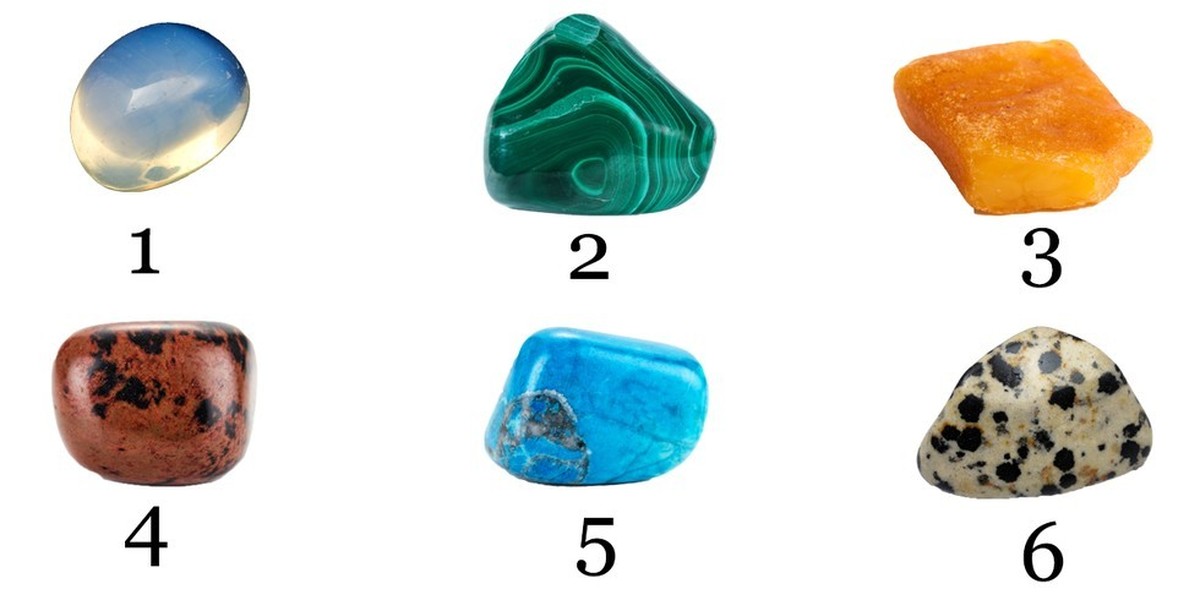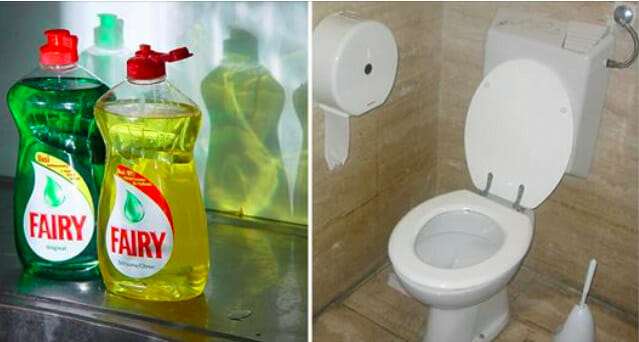5 common things people do that harm their kidneys
|
The kidneys are among the most vital organs in the human body, and proper bodily function depends on them. Shaped like beans, they are located horizontally, opposite the back muscles, in the upper abdominal cavity just below the rib cage. The list of tasks the kidneys perform is extensive.
Let’s begin with the fact that they cleanse toxins from the blood, filter waste through the urine, and remove excess fluids from the body. In addition, the kidneys retain water when the body is in need. These important organs also help regulate calcium and phosphate levels in the body.
They also secrete essential hormones that regulate bodily functions, such as blood pressure and the production of red blood cells (erythrocytes). These cells are crucial for transporting oxygen and nutrients throughout the body.
Proper kidney function is essential for your overall health. There are several warning signs that may indicate a problem with kidney function.
The most common symptoms include changes in the color or amount of urine, dizziness, vomiting, anemia, breathing problems, feeling cold most of the time, fatigue or exhaustion, itchy skin, bad breath, and sudden body pain.
1. Not Drinking Enough Water
Drinking too little water can harm your kidney health. As mentioned, the kidneys’ main job is to flush out metabolic waste from the body and regulate the production of red blood cells.
When the body lacks water, blood flow to the kidneys decreases because the blood becomes more concentrated. This impairs the kidneys’ ability to eliminate toxins, eventually leading to toxin buildup in the body.
The National Kidney Foundation recommends drinking 10–12 cups of water per day for healthy adults. This ensures that your kidneys function at their best and prevents dehydration.
2. Drinking Too Much Coffee
Excessive caffeine intake can lead to high blood pressure, which puts extra stress on the kidneys and damages them over time.
According to a 2002 study published in the journal Kidney International, caffeine is linked to kidney stones because it increases calcium excretion in the urine. However, drinking coffee in moderate amounts usually poses no health risks for most people.
A proper intake is about 1–2 cups of coffee per day and up to 3 cups of tea, as tea also contains caffeine. It’s also wise to reduce other sources of caffeine, such as soft drinks, energy drinks, chocolate, cocoa, and certain medications.
3. Eating Too Much Salt
Excessive salt intake can seriously damage your kidneys and cause other health complications. Keep in mind that 95% of the sodium you consume is processed by the kidneys. Too much sodium places unnecessary strain on them.
In other words, consuming too much salt forces the kidneys to work harder to eliminate the excess, which reduces their efficiency and leads to water retention.
This excess water raises blood pressure, further harming your kidneys. Moreover, too much salt increases protein levels in the urine and is a leading cause of kidney stone formation.
The recommended daily sodium intake should not exceed 5 grams. Any amount above this can damage both your kidneys and your overall health. One teaspoon of salt contains about 6 grams, so consider switching to natural salts without added sodium or chemicals, such as Atlantic sea salt.
4. Excessive Alcohol Consumption
Moderate alcohol consumption isn’t harmful. However, drinking excessively is very damaging to the kidneys. First of all, alcohol puts tremendous stress on both the kidneys and liver.
Excessive alcohol intake leads to uric acid deposits in the kidney tubules, causing blockages that may eventually lead to kidney failure. Additionally, alcohol causes dehydration, which negatively affects proper kidney function.
The recommended alcohol limit per day is 2 drinks for men and 1 drink for women and the elderly.
5. Lack of Sleep
Lack of sleep is a common issue in modern lifestyles. Health experts recommend 6–8 hours of sleep per night as essential for overall well-being. During sleep, the body repairs and regenerates organ tissues.
When sleep is insufficient, this regeneration process is disrupted, which can damage the kidneys and other organs.
Several studies have shown that sleep deprivation can also lead to high blood pressure and atherosclerosis (artery blockage), both of which increase the risk of kidney disease.
Maintaining healthy sleep habits and a good work-rest balance will significantly improve your kidney function and general health.




